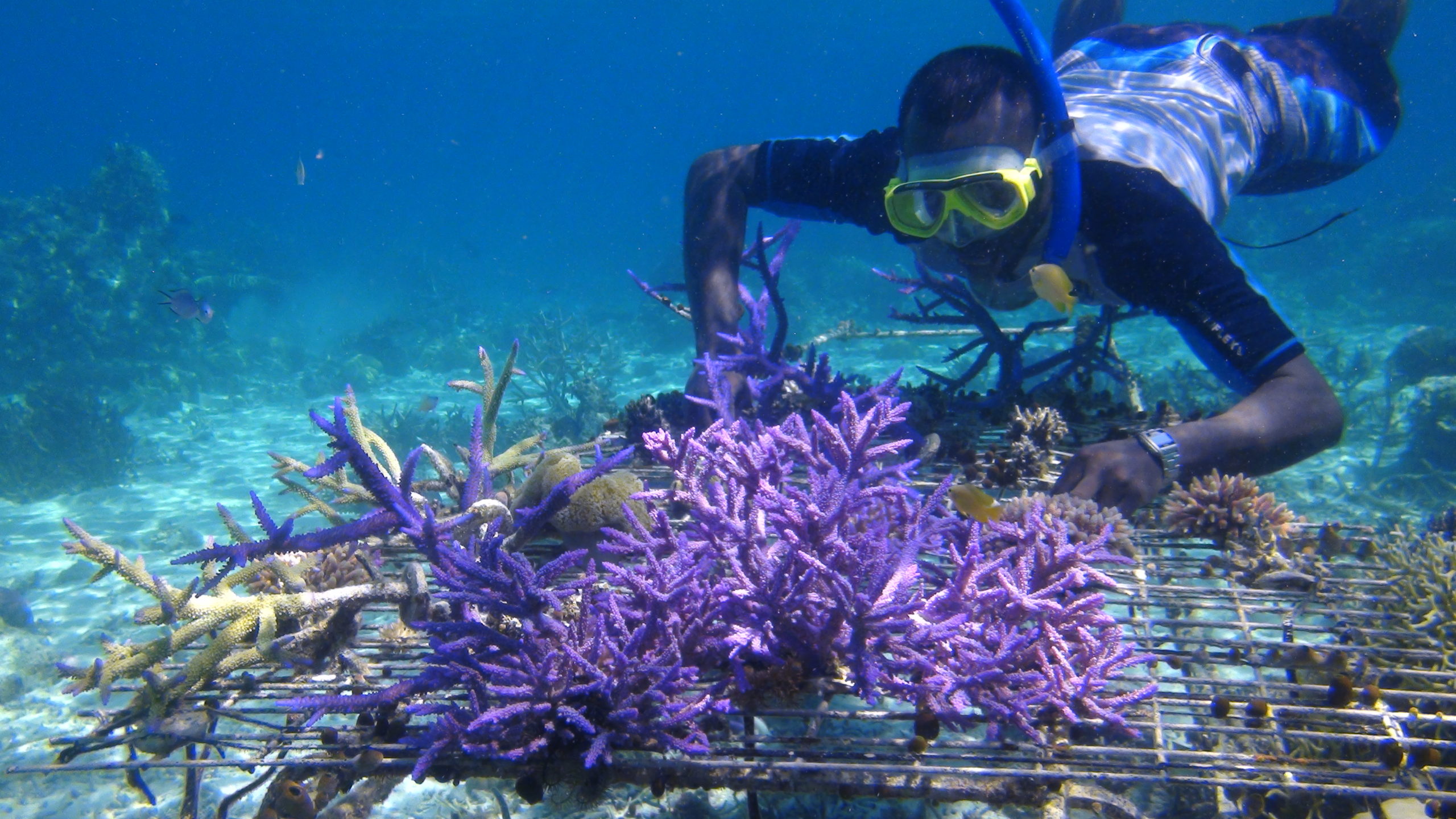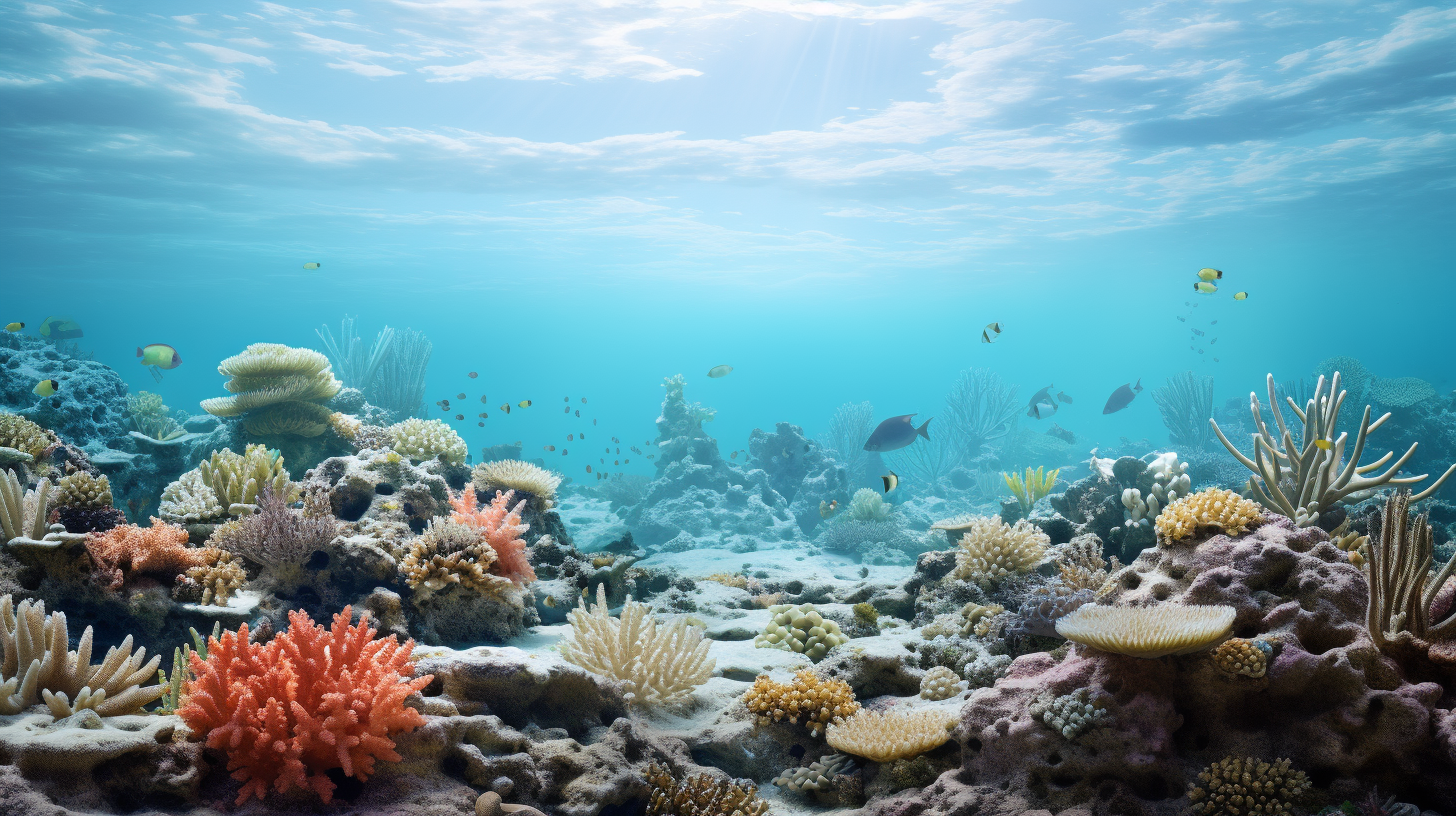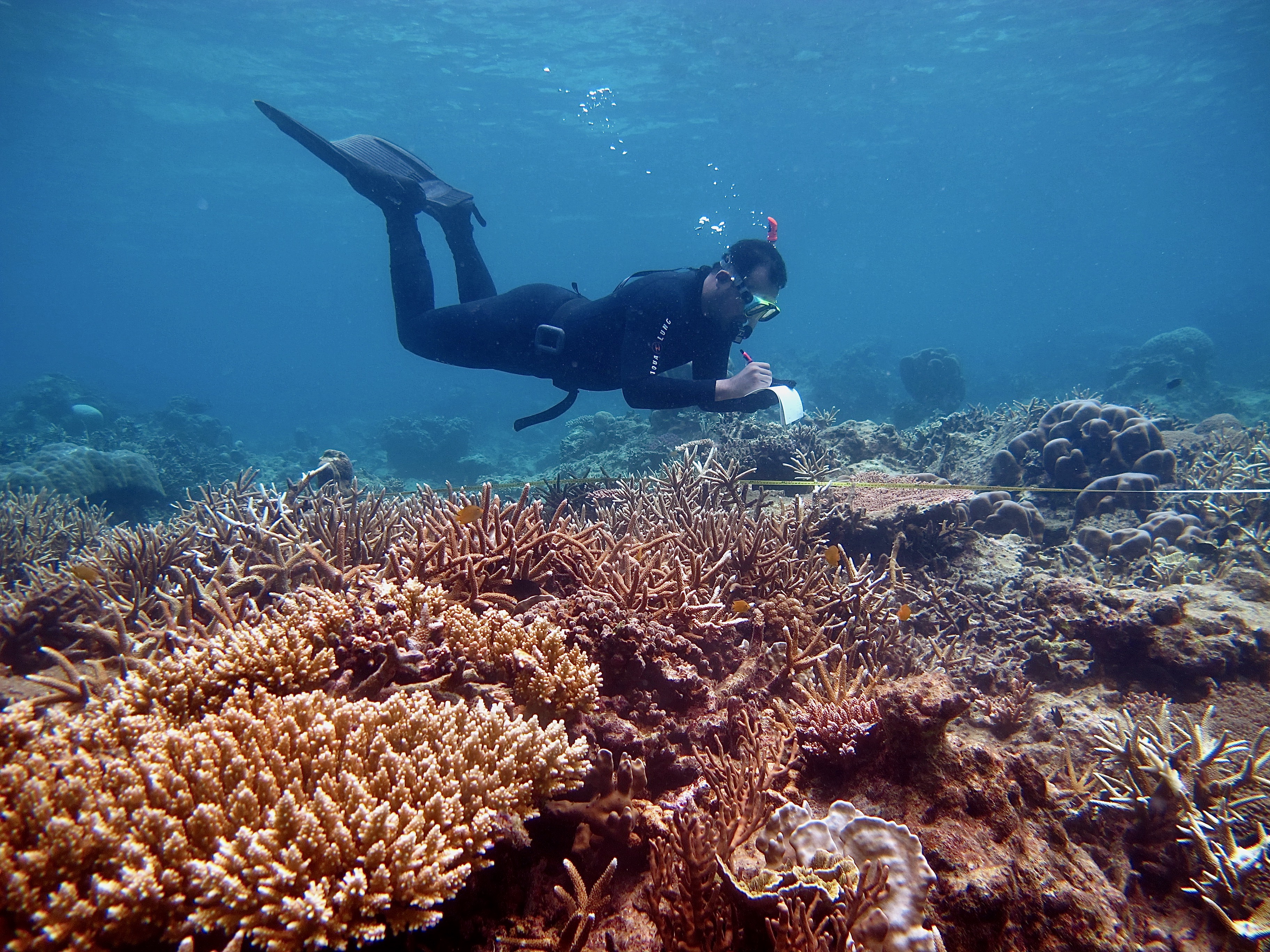The hard work and dedication of teams working on coral reef restoration projects are finally being met with positive results, according to a new study by The Conversation.
This summer was a particularly devastating one for one of the planet’s rarest and most fragile ecosystems – coral reefs.
In September 2023, Earth’s average temperature exceeded the critical 1.5C threshold, momentarily breaching the limit set by world leaders who have promised to combat long-term global heating.
This persistent warming poses not only a grave threat to coral reefs and the abundant marine life which lives amongst them, but also to coastal communities that rely on marine ecosystems for food security, storm protection, tourism, and their overall economic stability.
Even by the most optimistic projections, The Intergovernmental Panel suggests that climate change may very well lead to the deterioration of up to two-thirds of the world’s coral reefs. Which is, of course, very disheartening to imagine.
However, new research shows that artificial reefs are showing promising results in functioning as natural coral reefs. Its findings have shown that they are able to replicate some of the critical functions of natural reefs, given enough time to flourish.






















